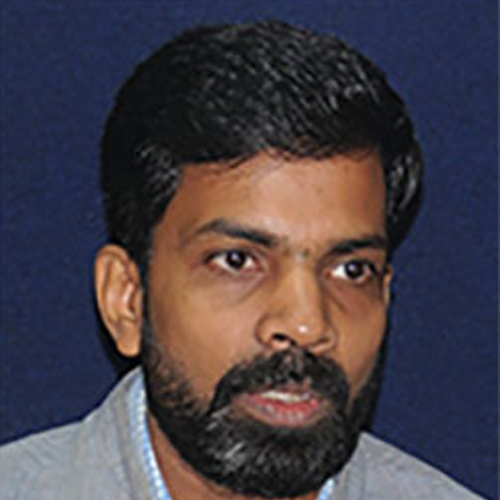BRICS: 15th Summit and Beyond
The 15th BRICS Summit showcased the organisation’s resilience, adaptability and collective vision, and positioned the group as a potent global player.
- Rajeesh Kumar |
- August 28, 2023 |

Research Fellow
|